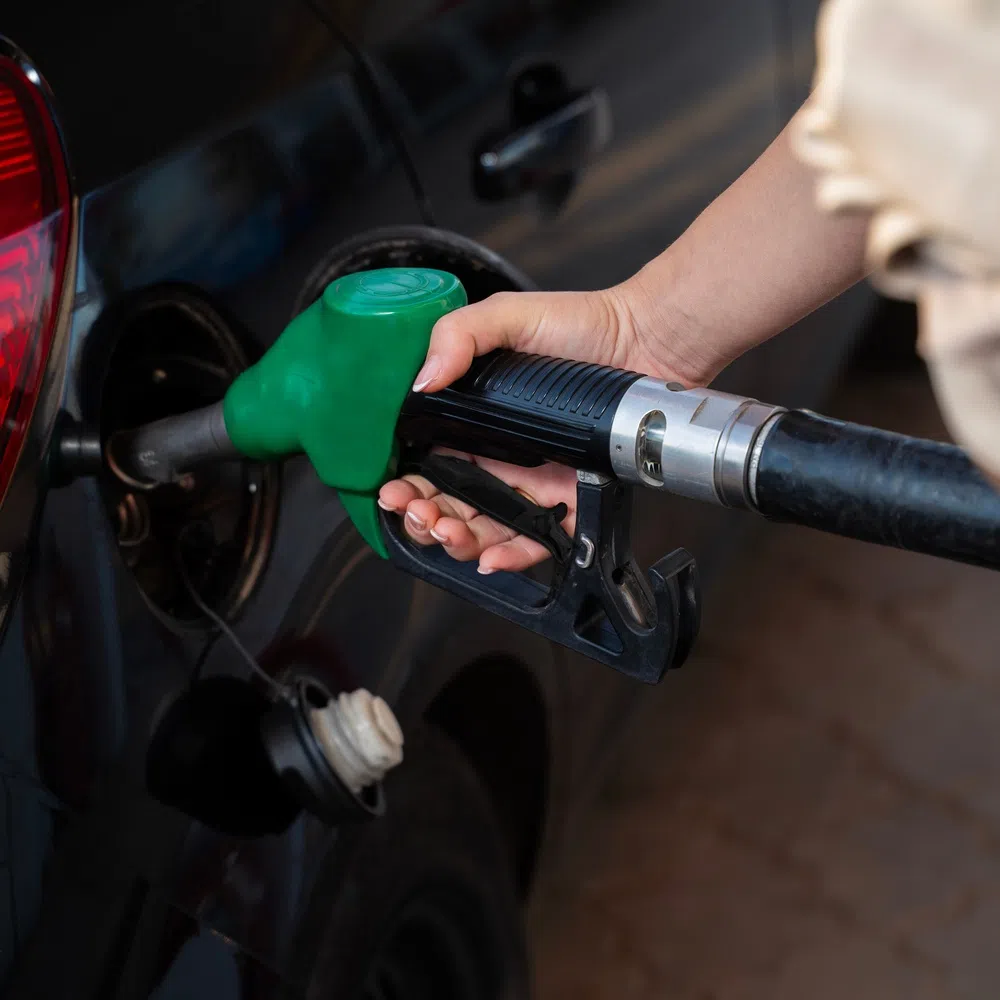Alternative fuels offer plenty of possibilities for reducing your emissions and reliance on traditional gasoline. However, drivers switching to these fuels often face some challenges that need careful consideration. Here’s a closer look at what you may experience after making the switch.
Limited Availability
One common problem drivers face with alternative fuels is the lack of fueling stations. Options for refilling with compressed natural gas (CNG), hydrogen, or biodiesel are far less common than standard gasoline.
This leads to long drives just to refuel, which can be inconvenient and time-consuming. For example, while cities might have several stations, rural areas may only have a couple, making long trips challenging to plan.
Reduced Mileage
Some alternative fuels, including ethanol and biodiesel blends, may not provide the same mileage per gallon as traditional fuels. Ethanol, for instance, contains less energy than gasoline, meaning vehicles might burn through fuel faster.
While cleaner-burning fuels sound appealing, the tradeoff comes as reduced efficiency, which may leave drivers refueling more often. This can become frustrating, especially on long journeys or when trying to cut costs.
Maintenance Challenges
Alternative fuels can also affect long-term vehicle maintenance. For instance, some of the ways alternative fuels affect spark plugs are a concern for drivers using CNG or propane. These fuels often burn hotter, which can wear out spark plugs faster than gasoline.
Frequent replacements aren’t just an inconvenience; they also add to maintenance expenses. Drivers switching to alternative fuels may need to adjust their regular vehicle upkeep routines.
Vehicle Compatibility Issues
Not all vehicles can run on all types of alternative fuels. Drivers experimenting with these fuels may find it’s not as simple as filling up their current tank with biodiesel or installing a CNG system. Many vehicles require modifications to handle different fuel types properly.
For example, older cars may face performance issues with ethanol-based fuels due to sensitivity to the high alcohol content. Without proper adaptations, these fuels can damage fuel systems, leading to expensive repairs over time.
The common problems drivers face with alternative fuels include inconvenience, reduced fuel efficiency, and potential maintenance issues. While these obstacles may be discouraging, understanding them beforehand makes it easier to make informed decisions. Exploring these challenges helps drivers adapt and find solutions that fit their needs better.
Image Credentials: By phoenix021, File 1441377529




Comments